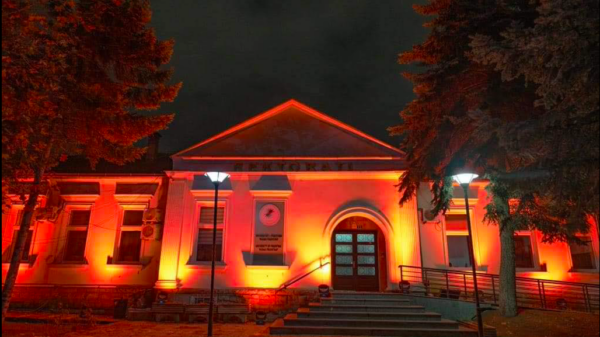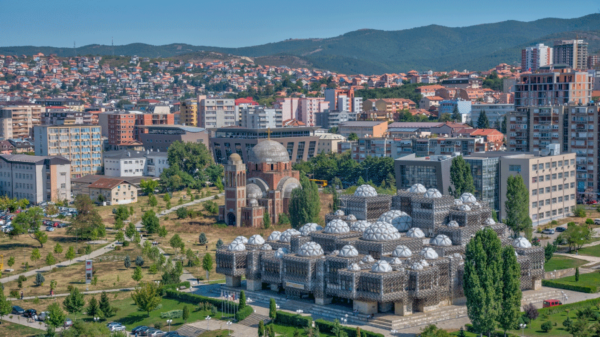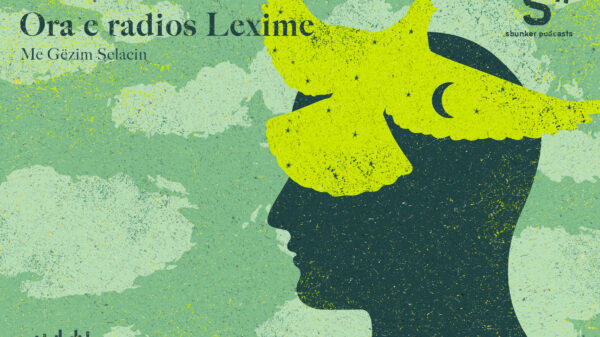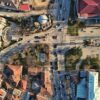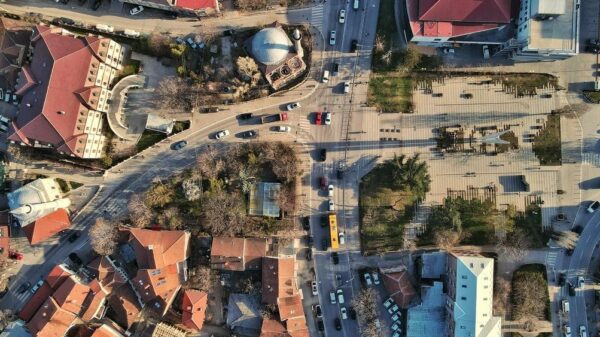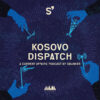Udhëtimi pa viza për bartësit e pasaportave të Kosovës hyri në fuqi më 1 janar të vitit 2024. Tashmë, edhe qytetarët serbë, edhe ata kosovarë, kanë të drejtë të udhëtojnë lirshëm për qëllime turistike. Megjithatë, udhëtimi pa viza nuk vlen për bartësit e pasaportave serbe në Kosovë, duke krijuar kësisoj një trajtim të pabarabartë.
Në vitin 2009, kur qytetarëve serbë iu dha liria e udhëtimit pa viza në shtetet anëtare të Shengenit, u vendos një kusht i rëndësishëm: regjimi pa viza nuk vlente për bartësit e pasaportave serbe që banojnë në Kosovë.
Për ta përmbushur këtë kërkesë, Serbia themeloi Drejtorinë e Koordinimit, një organ përgjegjës për lëshimin e pasaportave për shtetasit serbë që banojnë në Kosovë. Është e rëndësishme të nënvizohet se këta qytetarë nuk janë ekskluzivisht serbë etnikë, por po ashtu shqiptarë, romë e goranë, ndër të tjerë.
Heqja e bartësve të pasaportave serbe në Kosovë nga mekanizmi i liberalizimit të vizave vjen për shkak se Serbia nuk kontrollon e as nuk ka juridiksion në veri të Kosovës dhe nuk mund të ofrojë garanci për bartësit e këtyre pasaportave.
Sipas të data më të fundit të Ministrisë së Brendshme të Serbisë, numri i personave që posedojnë pasaportë serbe të lëshuar nga Drejtoria e Koordinimit është rreth 97,000. Megjithëkëtë, sipas një raporti të raportuesit të Parlamentit Europian (PE), Matjaz Nemec, numri i personave me këtë lloj pasaporte llogaritet të jetë 18,000.
Kjo diskrepancë në të dhëna mund të nënkuptojë dy gjëra. E para, ka një numër të serbëve në Kosovë që, ndërkohë, kanë ndërruar pasaportat e tyre serbe me ato të Kosovës dhe e dyta, janë së paku 18,000 persona që ose nuk munden, ose nuk duan t’i ndërrojnë pasaportat.
Vendimi i Parlamentit Europian dhe Këshillit të BE-së për të mundësuar udhëtimin e lirë vetëm për bartësit e pasaportave të Kosovës vendos bartësit e pasaportave serbe në Kosovë në një pozitë të pasigurt.
Së pari, ata janë i vetmi komunitet në Ballkan që nuk gëzojnë liberalizimin e vizave, gjë e cila ngre shqetësime për diskriminim. Së dyti, qëkur ka hyrë në fuqi liberalizimi i vizave për Kosovën, ambasadat e vendeve anëtare të BE-së kanë mbyllur seksionet e tyre konsullore përgjegjëse për lëshimin e vizave Shengen. Kjo nënkupton që praktikisht është e pamundur që bartësit e pasaportave serbe të marrin vizë brenda Kosovës për të udhëtuar në BE.
Ekzistojnë dy argumente kryesore për të zgjidhur këtë situatë. Argumenti i parë është i kollajshëm. Personat që banojnë në Kosovë duhet të pajisen me pasaportën e Kosovës, që është mënyra më e thjeshtë për të zgjidhur problemin. Ky është gjithashtu edhe qëndrimi zyrtar i Qeverisë së Kosovës.
Perspektiva e dytë argumenton që bartësit e pasaportave serbe që banojnë në Kosovë tashti duhet të lejohen të udhëtojë lirshëm, pa pasur nevojë të zëvendësojnë pasaportat serbe me ato të Kosovës. Por, Qeveria e Kosovës e kundërshton ashpër këtë gjë. Sipas Qeverisë së Kosovës, lejimi i saj do të ndalojë integrimin e serbëve të Kosovës nëpër institucionet e saj.
Megjithëkëtë, shumica e serbëve në Kosovë, që kanë pasaporta serbe, ende kanë letërnjoftime të Kosovës, paguajnë taksa në Kosovë dhe u binden ligjeve të Kosovës.
Megjithatë, ekziston një pjesë e konsiderueshme e serbëve të Kosovës që nuk posedojnë letërnjoftim apo shtetësi të Kosovës dhe as nuk mund t’i marrin ato për arsye të ndryshme. Zakonisht, këto janë pengesa teknike-administrative që burojnë nga fakti se Kosova nuk i njeh vendimet dhe aktvendimet nga institucionet serbe.
Pra, vendimet e gjykatave, qendrave për punë sociale, kadastrave, etj., që janë thelbësore për vërtetimin e vendbanimit dhe marrjen e shtetësisë, konsiderohen të pavlefshme. Për rrjedhojë, disa persona nuk mund të marrin pasaportën e Kosovës dhe shpresa e tyre e vetme për udhëtim pa viza mbetet te pasaportat e lëshuara nga zyra e Drejtorisë së Koordinimit e Serbisë.
Grupi i tretë i personave përbëhet nga ata që janë rezidentë të Kosovës (para se Kosova të shpallte pavarësinë), por janë përkohësisht me punë ose studime në vendet e BE-së, ose gjetkë nëpër botë. Ata nuk kanë të drejtë as për pasaportë të Kosovës, as për pasaportë të rregullt serbe dhe janë të detyruar të përdorin pasaportat e lëshuara nga zyra e Drejtorisë së Koordinimit.
Kësisoj, duke marrë parasysh ndërlikueshmërinë e problemit, BE-ja ka zgjedhur përfundimisht të heqë regjimin e vizave për bartësit e pasaportave serbe në Kosovë. Përtej problemeve teknike, një arsye thelbësore për këtë vendim është shmangia e diskriminimit dhe arritja e liberalizimit të plotë për të gjithë njerëzit në Ballkan, duke sinjalizuar kësisoj gjithëpërfshirjen e BE-së.
Parlamenti Europian (PE) së fundmi ka miratuar një projektligj që heq kërkesat për viza të bartësve të pasaportave serbe në Kosovë. Hapi i fundit tashti i mbetet Këshillit të BE-së që të konfirmojë vendimin e PE-së, pas të cilit bartësit e pasaportës së Drejtorisë Koordinuese të Serbisë do të mund të udhëtojnë lirshëm në BE.







